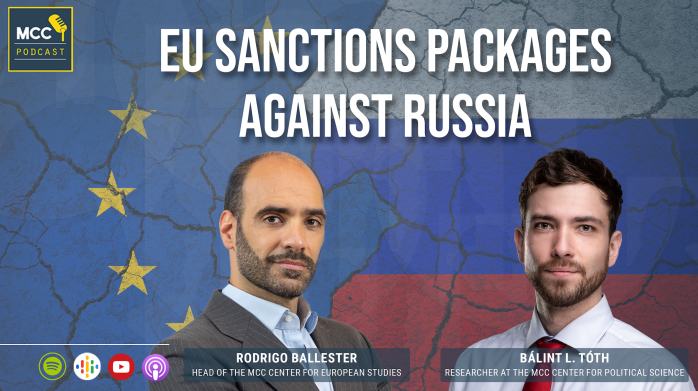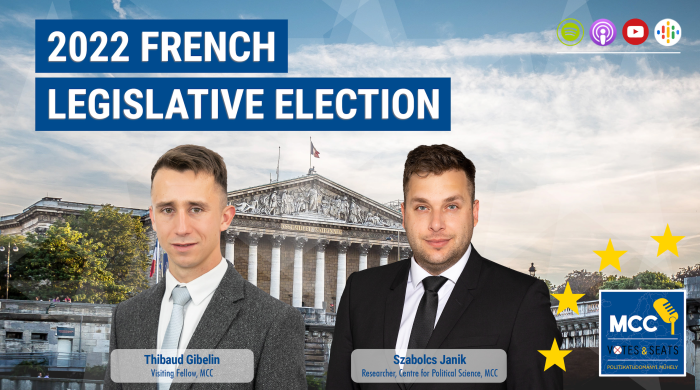The new set of restrictive measures, when combined with the other five earlier packages, are intended to raise economic pressure on the Russian Federation while also limiting its ability to proceed with its war in Ukraine. Among others, the EU ban covers 90% of the bloc’s oil purchases from Russia by the end of 2022, however, as a result of a considerable diplomatic saber-rattling, Hungary and other land-locked member states won a broad exemption from a phased-in embargo on crude and refined fuels. Nevertheless, media often portrayed disagreements between Member States' representatives as antagonistic during the sanctions package debates, so many have questioned the EU’s unity in condemning Russia’s invasion of Ukraine. Mr. Rodrigo Ballester shares his views with us about the nature of the labyrinth of the EU decision-making procedures, highlighting that these negotiations were not at all different from any other earlier crisis management in the history of the Community. Actually, the expert sees the current discussions much more constructive than any of the previous ones, however, the whole process has been receiving a vast media attention that often hijacked the process of policy-making.









